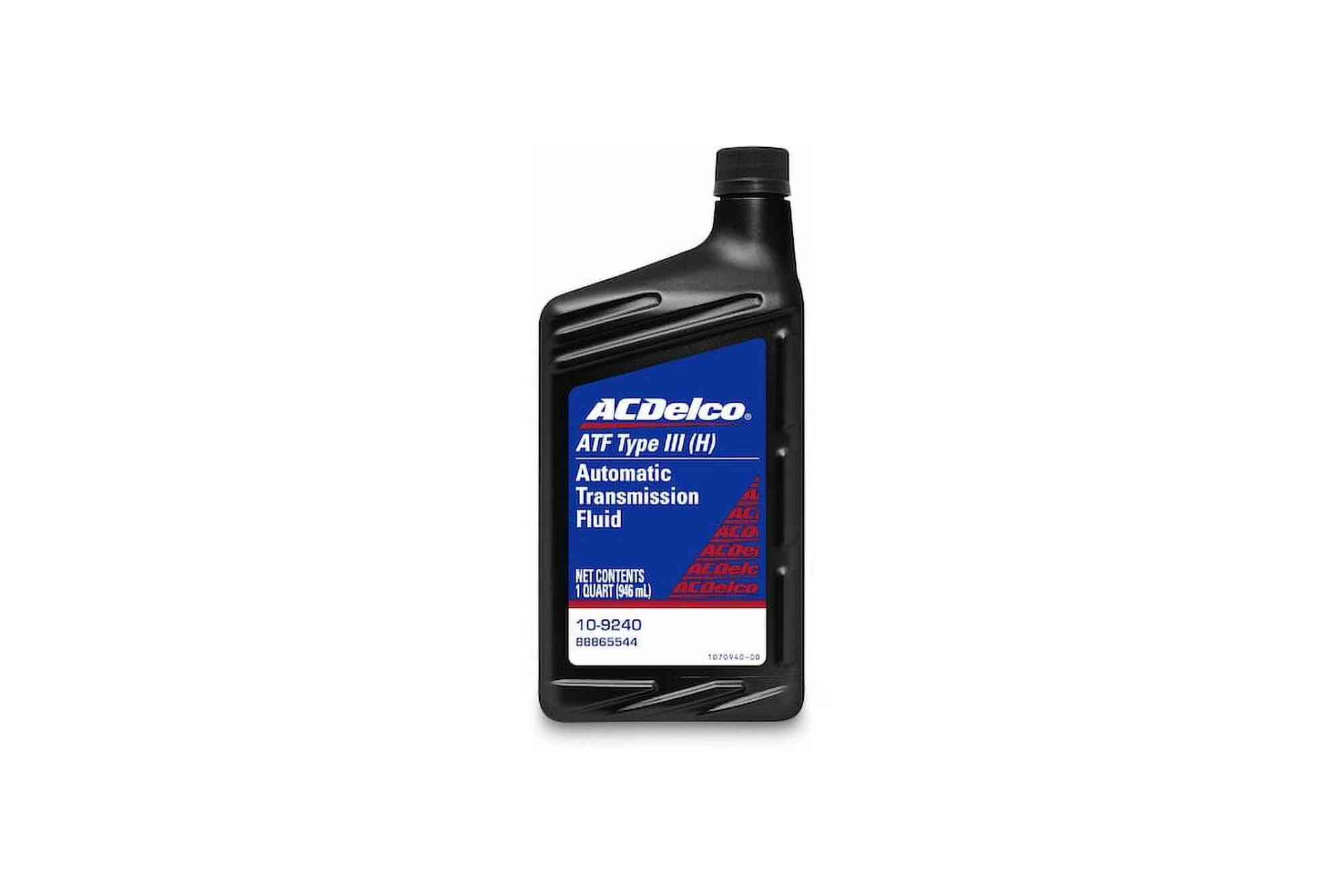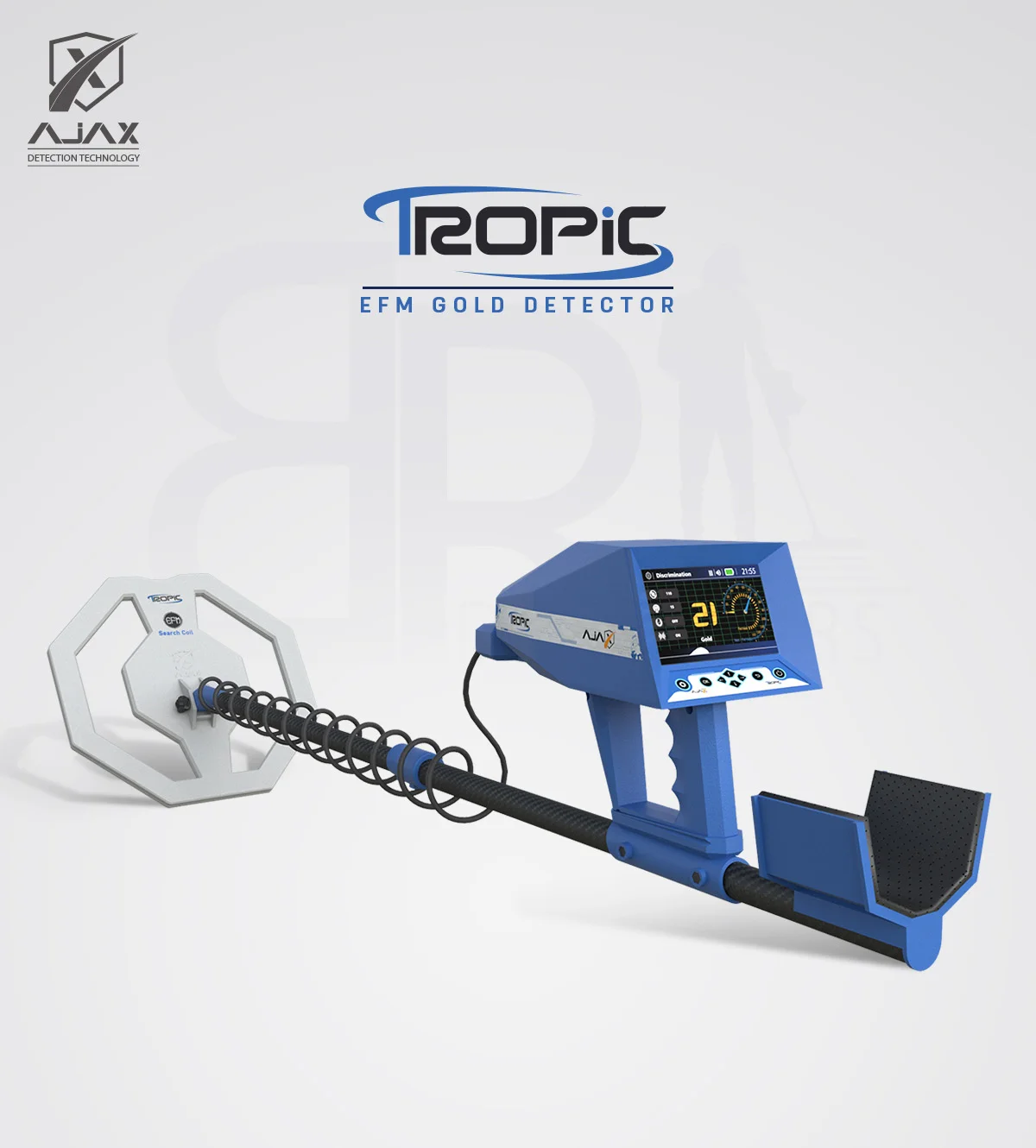LX470 Oil Type: What to Use for Maximum Engine Performance
Choosing the right oil for your Lexus LX470 is one of the most important steps in maintaining its performance and longevity. With its robust 4.7L V8 engine, the LX470 requires an oil that balances protection, efficiency, and reliability. Using the wrong type of oil can reduce engine life, cause overheating, or impact fuel efficiency. This guide will help you understand the ideal LX470 oil type, its benefits, and best practices for maintenance.
Understanding LX470 Engine Requirements
The LX470’s engine is designed to handle a variety of driving conditions, from daily commuting to off-road adventures. To perform optimally, it relies on consistent lubrication that can withstand high temperatures and heavy loads. Selecting the proper oil viscosity and type is crucial to maintain smooth operation, prevent wear, and optimize fuel efficiency.
Oil Viscosity and Why It Matters
Viscosity refers to the thickness of the oil and how well it flows at different temperatures. The LX470 typically requires an oil that offers excellent performance across temperature extremes. A high-quality multi-grade oil ensures that your engine starts easily in cold weather while maintaining protection at high temperatures during long drives or towing. Using an oil with the correct viscosity also reduces engine friction, which can improve fuel economy and reduce wear on critical components.
Conventional vs. Synthetic Oil
When it comes to LX470 oil type, synthetic oils are generally recommended over conventional oils. Synthetic oils offer superior thermal stability, resistance to breakdown, and better protection against sludge formation. They maintain their properties over extended intervals, meaning you can go longer between oil changes without compromising engine performance. Conventional oils, while less expensive, break down faster and may not provide adequate protection under heavy loads or extreme heat.
Recommended Oil for the LX470
The manufacturer specifies a high-quality synthetic oil with a viscosity rating of 5W-30 as ideal for most driving conditions. This grade provides a balance of low-temperature flow for cold starts and high-temperature stability for hot engine conditions. It ensures that every component in your V8 engine is properly lubricated, from the pistons to the camshafts.
Importance of High-Quality Oil Brands
Not all oils labeled “synthetic” provide the same performance. Choosing a reputable brand ensures that your LX470 receives additives that prevent corrosion, reduce friction, and improve overall engine efficiency. These additives help maintain clean engine surfaces and prevent wear, extending the life of your engine significantly. Using high-quality oil also protects sensitive engine components, such as variable valve timing systems, which can be affected by poor lubrication.
Oil Change Intervals and Best Practices
Maintaining a regular oil change schedule is critical to sustaining maximum engine performance. While the LX470 engine is robust, old or degraded oil can reduce its efficiency and cause internal damage over time. For a vehicle using high-quality synthetic 5W-30 oil, most experts recommend changing the oil every 5,000 to 7,500 miles, depending on driving conditions. Frequent short trips, towing, or off-road driving may require shorter intervals.
Checking Oil Levels and Condition
Regularly monitoring your oil level is as important as choosing the right oil type. Low oil levels can lead to overheating and increased engine wear, while overfilling can cause foaming and reduced lubrication. It is advisable to check the oil when the engine is cold and the vehicle is on level ground. Look for any unusual color, consistency, or smell, which may indicate contamination or engine issues.
Using OEM Filters for Optimal Performance
Pairing the correct LX470 oil type with an OEM oil filter ensures that impurities are effectively removed. High-quality filters prevent particles from circulating through the engine, maintaining optimal lubrication. A premium filter also reduces the risk of clogging and maintains steady oil pressure, which is essential for engine longevity.
Common Mistakes to Avoid
Many LX470 owners unknowingly reduce their engine’s lifespan by using the wrong oil type or neglecting oil maintenance. Avoid using oil with a viscosity rating outside the manufacturer’s recommendation, as this can increase wear or reduce fuel efficiency. Using generic or low-quality oil without proper additives can lead to sludge formation, decreased performance, and costly repairs.
Overlooking Synthetic Oil Benefits
Some owners may choose conventional oil to save money, but this can be counterproductive in the long run. Synthetic oils not only extend intervals between oil changes but also improve engine efficiency, enhance cold-start performance, and reduce the risk of high-temperature breakdown. In a heavy SUV like the LX470, synthetic oil ensures that engine components remain protected under demanding conditions.
Ignoring Oil Change Intervals
Even with the best LX470 oil type, neglecting scheduled oil changes can be detrimental. Dirty or contaminated oil cannot lubricate the engine properly, causing increased friction, heat, and wear. Maintaining a strict schedule based on mileage and driving conditions is essential to keep the engine running smoothly.
Enhancing Engine Performance with the Right Oil
Selecting the correct LX470 oil type contributes significantly to overall vehicle performance. Proper lubrication minimizes friction, reduces engine noise, and helps maintain fuel efficiency. Using high-quality synthetic oil also improves thermal stability, which protects the engine during long highway drives or extreme weather conditions. Regular maintenance using the recommended oil ensures that your LX470 operates at peak performance for years to come.
Benefits of Proper Oil Choice
- Extended engine lifespan due to reduced wear and tear
- Improved fuel economy by reducing internal friction
- Enhanced thermal stability for high-temperature protection
- Cleaner engine operation with less sludge and deposits
- Consistent performance during towing, off-roading, or daily commuting
Driving Conditions and Oil Performance
The LX470 is often used for a variety of driving scenarios. Heavy towing, long highway trips, or off-road adventures place additional stress on the engine. Using the recommended 5W-30 synthetic oil ensures the engine remains well-lubricated under all conditions. Cold winters and hot summers can also affect oil performance, and multi-grade synthetic oils adapt to these extremes, providing consistent protection.
Selecting the correct LX470 oil type is not just about following manufacturer guidelines; it’s about ensuring your engine runs efficiently and lasts for years. A high-quality synthetic 5W-30 oil protects your engine from wear, maintains performance under all conditions, and helps optimize fuel efficiency. Regular monitoring, timely oil changes, and using premium filters are equally important for preserving your Lexus’s performance. Prioritizing the right oil and maintenance schedule ensures that your LX470 remains reliable, powerful, and ready for any journey.
For LX470 owners seeking peak performance, start by choosing the proper oil today. Ensure regular maintenance, monitor your engine, and experience the smooth, powerful drive your Lexus was designed to deliver. Your engine deserves the best, and with the right oil, you can drive confidently knowing it is well-protected.
Frequently Asked Questions
What is the best oil for a Lexus LX470?
The best oil is a high-quality synthetic 5W-30 that meets or exceeds the manufacturer’s specifications.
Can I use conventional oil in my LX470?
While possible, conventional oil offers less protection under high temperatures and heavy loads. Synthetic oil is preferred for maximum engine performance.
How often should I change oil in an LX470?
For synthetic 5W-30 oil, every 5,000 to 7,500 miles is recommended. More frequent changes are needed for severe driving conditions.
What happens if I use the wrong oil type?
Using the wrong viscosity or low-quality oil can lead to increased wear, reduced fuel efficiency, and possible engine damage.
Do I need to use an OEM oil filter?
OEM filters or high-quality aftermarket filters ensure proper filtration and maintain oil pressure for optimal engine health.




